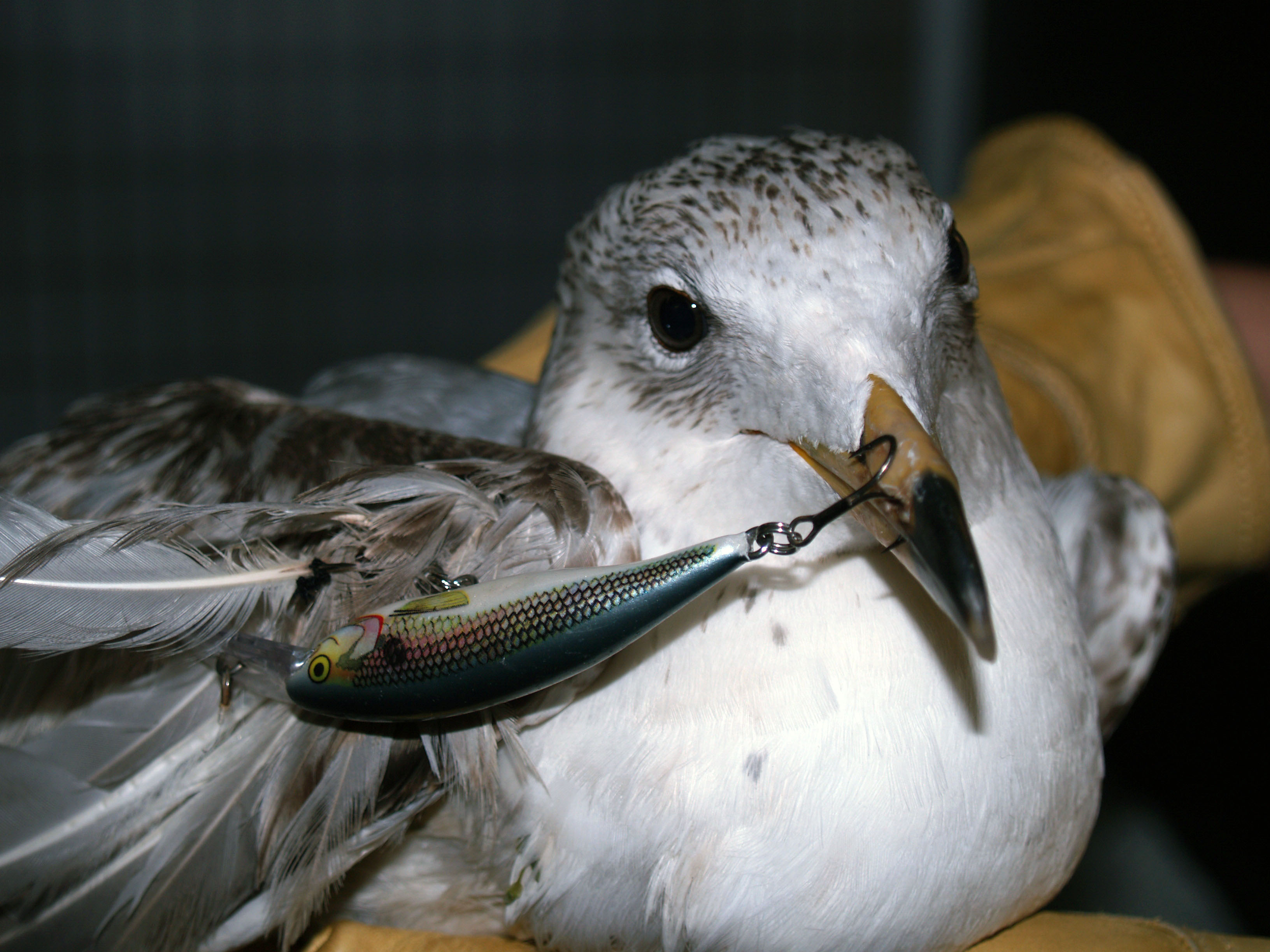
a wildlife rehabilitator is someone who isinvolved in the process of taking injured and orphaned wildlife and either raising them,in the case of the orphans, or rehabilitating them as in working with them if they're illor injured. the process is to get them back into the wild so they can lead the life thatthey are supposed to lead. it's all about the animals remaining wild and returning tothe wild. first and foremost, your main responsibility is to the animals that you're caring for.they, like i said, they're wild animals. the goal is to keep them wild animals. these arenot things that we want to become pets. so, your first responsibility is to make surethat, you know, a: you do no harm. whatever you do to them, you're not harming them inany way or going to cause--do something to
cause them not to be releasable. you wanteverything you do to be working towards the goal of getting them released. but, it varies.it can be something as simple as you get a song bird who's flown into a window, and simplyhas a slight concussion, and just needs a safe place to shake it off, and just a little--recovera little r and r and be some place safe where a predator won't get it, and it can be releasedthe next day. or it can be an orphaned baby squirrel that fell from a tree, has to beraised because it can't be re-united with its family, it has to be raised until it isabout four months old and can be released back into the wild. it will have to know it'sa squirrel. it will have to be able to relate to members of its own species. it will haveto know how to elude predators, and what predators
are. it will have to know and recognize itsfood in the wild. so you're responsible for it knowing all of that. or it can be an injuredraccoon, or a fawn that has been hit by a car and has a compound fracture. and, thenyou have all the things that go along with healing that wound, as well as providing theproper nutrition, care, housing, for that particular species, so that once it healsit can be returned to the wild. with wildlife rehab, generally your responsibilities arepretty much--or, not necessarily responsibilities but your admissions, the things that are goingto be coming into your center everyday--they're going to be very weather dependent. if you--youknow, if it's a day after a big storm, you can look for a lot of phone calls becausethere are going to be a lot of things that
have come out of nest, if it's during babyseason. whether its squirrels, or baby birds of one sort or another. so, one thing is goingto be returning your phone calls, interacting with the public, educating the public--youknow, it's fine, it's an uninjured baby bird. you can put it back in the nest--it's an oldwives tale that you can't touch it and the mom won't take it back. yes, you can put itback in the nest. so, a big part of your responsibility in your day to day dealings are with the public--educatingthe public as to what they can do. because you don't want any animal in your facilityunless it absolutely has to be there. you know, you want a truly orphaned cottontail,or a truly orphaned fawn, not a kidnapped cottontail, or a kidnapped fawn. it's alwaysbest if they can stay with the parents.